Poppy seeds—those little black or white dots you often see on breads, muffins, and pastries—are more than just a decorative touch. They're packed with flavor, nutrients, and history. Whether you're an amateur spice enthusiast or a seasoned chef, poppy seeds are worth exploring. In this article, we'll dive into everything you need to know about poppy seeds, from their culinary uses to their nutritional benefits and how to choose the best ones.
Table of Contents
- What Are Poppy Seeds?
- Flavor Profile of Poppy Seeds
- Culinary Uses of Poppy Seeds
- Nutritional Benefits of Poppy Seeds
- How to Store Poppy Seeds
- Buying Guide for Poppy Seeds
- Popular Poppy Seed Products
- Frequently Asked Questions
- Conclusion
What Are Poppy Seeds?
Poppy seeds come from the Papaver somniferum plant, which is also the source of opium. However, unlike the raw seeds used in drug production, commercial poppy seeds are processed to remove any psychoactive compounds. These tiny seeds are typically black or white and have a mild, nutty flavor with a slightly oily texture. They've been used in cooking for thousands of years across cultures, from ancient Egypt to modern-day Europe and Asia.
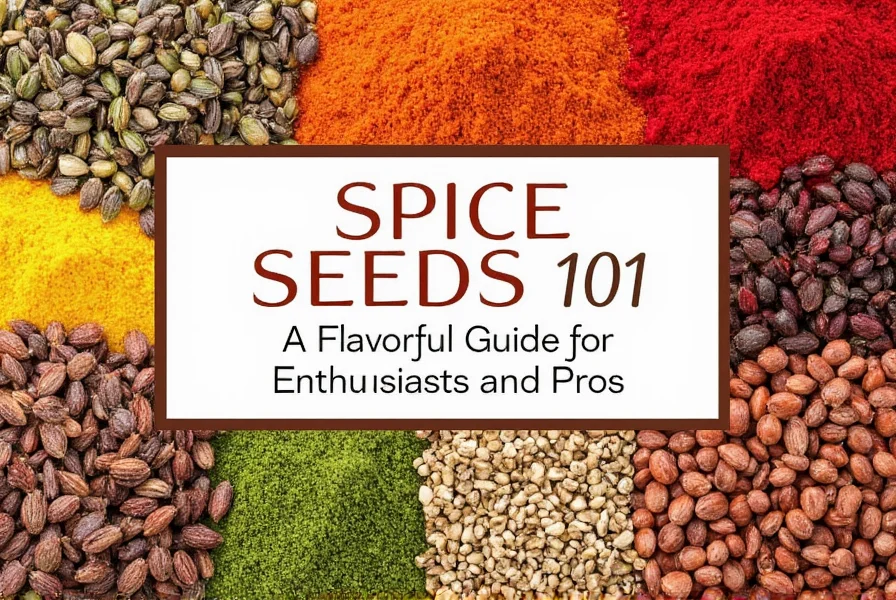
Flavor Profile of Poppy Seeds
Poppy seeds offer a subtle, nutty, and slightly sweet flavor that pairs well with both savory and sweet dishes. Their texture is delicate but adds a pleasant crunch when ground or toasted. The flavor is often described as earthy, similar to sesame seeds, but with a lighter, more buttery finish.
Here's a quick comparison between poppy seeds and other common seeds:
| Seed | Flavor | Texture | Best For |
|---|---|---|---|
| Poppy Seeds | Nutty, slightly sweet | Crunchy (when toasted) | Breads, pastries, sauces |
| Sesame Seeds | Toasty, rich | Crunchy | Asian dishes, dressings |
| Chia Seeds | Mild, nutty | Gelatinous when soaked | Smoothies, puddings |
Culinary Uses of Poppy Seeds
Poppy seeds are incredibly versatile in the kitchen. Here are some popular ways to use them:
- Baked Goods: Add them to breads, bagels, and muffins for a crunchy texture and nutty flavor.
- Condiments: Use them in sauces like poppy seed dressing or mustard.
- Spices: Toast and grind them for a unique seasoning blend.
- Desserts: Sprinkle over cakes, cookies, or rice pudding for visual appeal and extra flavor.
- Salads: Toss with fresh greens for a nutty twist.
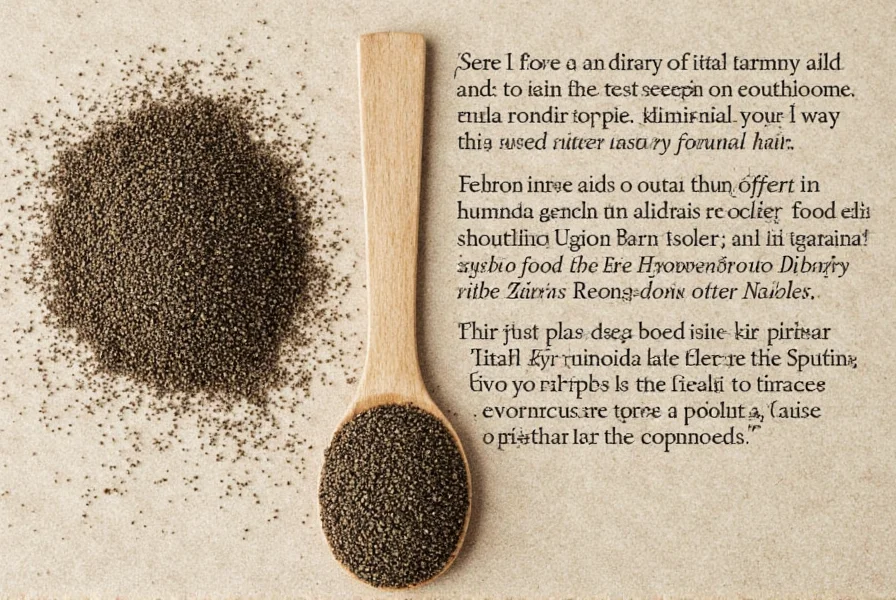
Nutritional Benefits of Poppy Seeds
Despite their small size, poppy seeds are nutrient-dense. A one-tablespoon serving contains:
- ~50 calories
- 3 grams of fat
- 2 grams of protein
- 2 grams of fiber
- Rich in magnesium, calcium, and iron
- Contains healthy omega-3 fatty acids
They also provide antioxidants and can support heart health and digestion. Plus, they're naturally gluten-free, making them a great option for those with dietary restrictions.
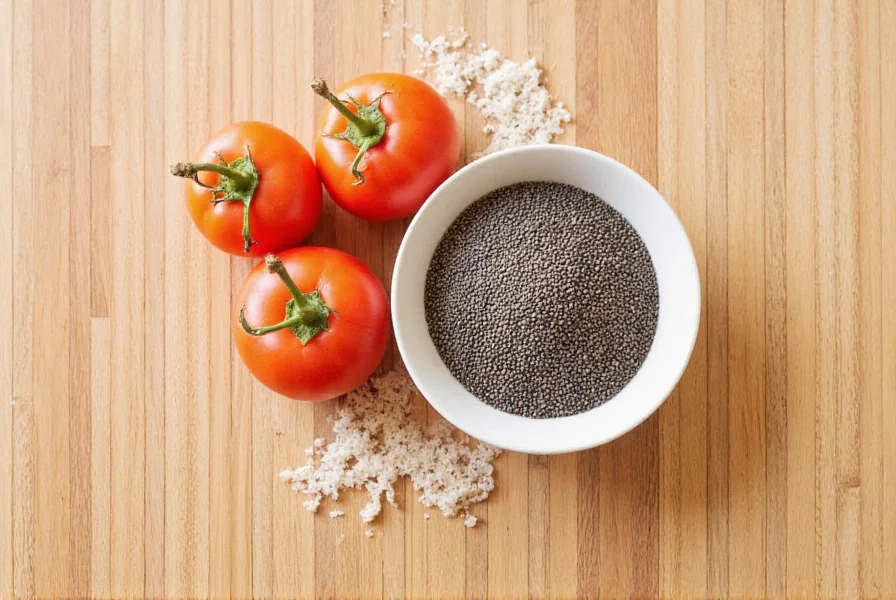
How to Store Poppy Seeds
Poppy seeds are sensitive to heat and light, so proper storage is key to preserving their flavor and nutritional value. Here's how to keep them fresh:
- Refrigerate or freeze: Store in an airtight container in the fridge or freezer to extend shelf life.
- Use within 6 months: Whole seeds can last up to a year, but once ground, they should be used within a few weeks.
- Avoid moisture: Keep them away from humidity to prevent mold.
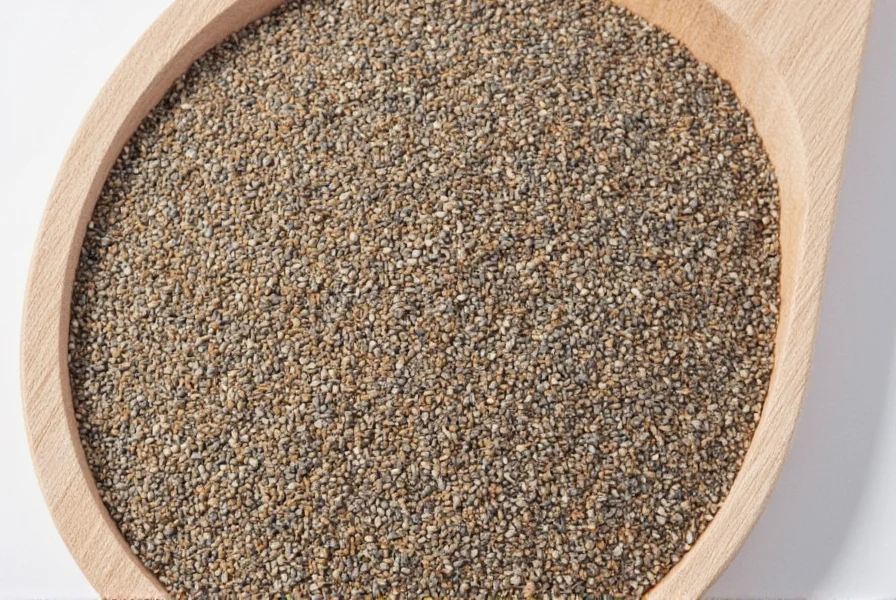
Buying Guide for Poppy Seeds
When shopping for poppy seeds, consider the following factors to ensure quality and freshness:
Types of Poppy Seeds
- Black Poppy Seeds: More commonly used in baking and traditional recipes.
- White Poppy Seeds: Often found in Indian and Middle Eastern cuisines; milder in flavor.
Quality Indicators
- Freshness: Look for seeds that are dry, not clumped together.
- Color: Black seeds should be dark and uniform, while white seeds should be clean and bright.
- Smell: Fresh poppy seeds should have a mild, nutty aroma without any rancid or off smells.
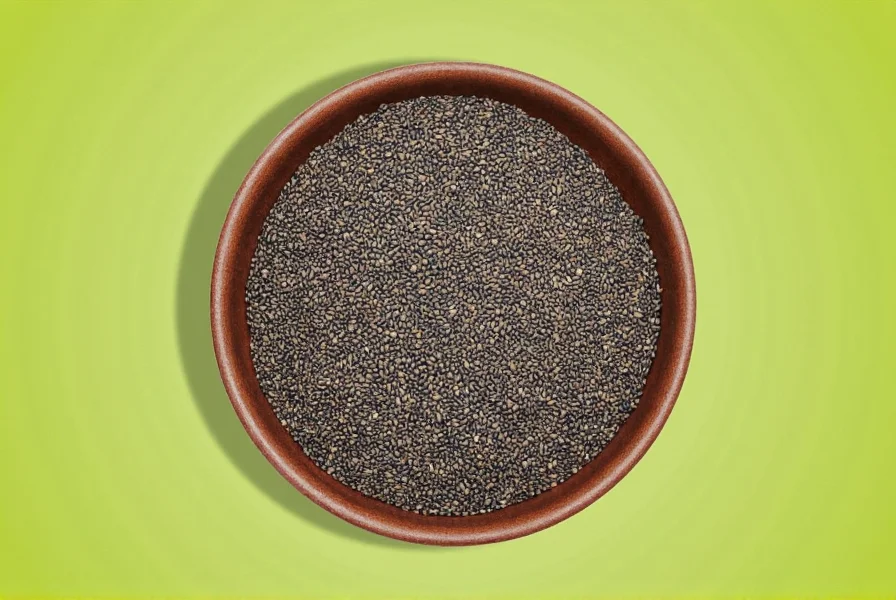
Popular Poppy Seed Products
Whether you prefer whole seeds, ground, or pre-made blends, there are many options available. Here are some popular products:
1. Black Poppy Seeds (Whole)
Features: High-quality, unprocessed seeds ideal for baking and cooking.
Advantages: Retains natural oils and flavor.
Use Cases: Breads, bagels, and sauces.
Target Audience: Home bakers and chefs.
Suitable Occasions: Everyday cooking, holiday baking.
2. Ground Poppy Seeds
Features: Ready-to-use powder with a concentrated flavor.
Advantages: Easy to incorporate into recipes.
Use Cases: Seasoning blends, marinades, and desserts.
Target Audience: Busy cooks and recipe developers.
Suitable Occasions: Quick meals, gourmet dishes.
3. Poppy Seed Mixtures
Features: Blends of poppy seeds with other seeds or spices.
Advantages: Adds complexity to dishes.
Use Cases: Salads, dips, and spreads.
Target Audience: Food enthusiasts and creative cooks.
Suitable Occasions: Gourmet dinners, snack time.
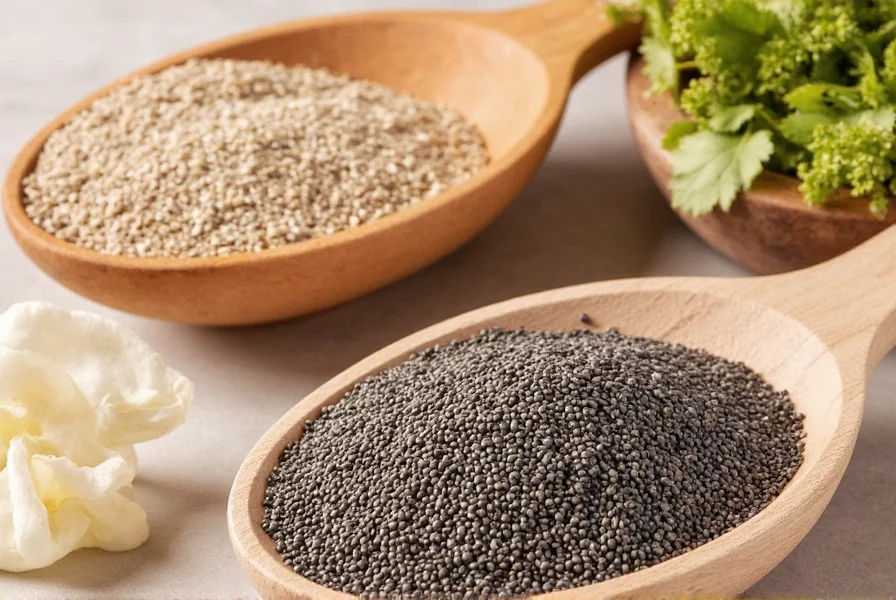
Frequently Asked Questions
What's the difference between "poppy seeds" and "poppy sees"?
"Poppy seeds" is the correct spelling for the small edible seeds from the poppy flower. "Poppy sees" is a common misspelling. If you're searching for information about these culinary seeds, you'll want to use the correct term "poppy seeds" for the most accurate results.
Are poppy seeds safe to eat?
Yes, commercially available poppy seeds are safe to eat. While they come from the same plant used to produce opium (Papaver somniferum), food-grade poppy seeds are processed to remove any significant amounts of opiate compounds. The trace amounts that may remain are well below levels that would cause any psychoactive effects.
Can poppy seeds affect drug test results?
It's possible, though unlikely with normal culinary use. Consuming very large quantities of poppy seeds (like those found in some traditional recipes) might potentially trigger a false positive on an initial drug screening for opioids. However, confirmatory testing would distinguish between poppy seed consumption and actual opiate drug use. For most standard culinary uses (sprinkling on a bagel, using in baking), there's minimal risk.
What's the difference between black and white poppy seeds?
Black poppy seeds are more common in European and American baking and have a slightly stronger, more nutty flavor. White poppy seeds are typically used in Indian and Middle Eastern cuisine and have a milder, creamier taste. Nutritionally, they're quite similar, though white seeds tend to have slightly more calcium while black seeds contain more anthocyanins (antioxidants).
How can I enhance the flavor of poppy seeds?
Toasting poppy seeds significantly enhances their flavor. Simply heat a dry skillet over medium heat, add the seeds, and stir constantly for 1-2 minutes until they become fragrant and slightly darker. Be careful not to burn them, as they're small and can go from toasted to burnt quickly. Toasted seeds have a much richer, nuttier flavor than raw ones.
Are poppy seeds gluten-free?
Yes, poppy seeds are naturally gluten-free. However, if you have celiac disease or severe gluten sensitivity, check the packaging to ensure they weren't processed in a facility that handles wheat products, which could lead to cross-contamination. Many brands now specifically label their poppy seeds as "gluten-free" if they've been tested and certified.
What are some unexpected ways to use poppy seeds?
Beyond the typical bagels and muffins, try adding poppy seeds to: salad dressings (especially lemon-poppy seed vinaigrette), homemade cheese spreads, vegetable stir-fries, yogurt parfaits, or even as a crust for fish or chicken. In Indian cuisine, they're often ground into a paste for curries and sweets like kasha.
Why are my poppy seeds clumping together?
Clumping usually indicates moisture exposure or that the seeds are past their prime. Poppy seeds contain natural oils that can become rancid over time, causing them to stick together. Properly stored poppy seeds should flow freely. If they're clumping, they may have absorbed moisture from the air or begun to spoil. Discard any seeds with an off smell or that form hard clumps.
Conclusion
Poppy seeds may be small, but their impact on flavor and nutrition is huge. From their subtle nuttiness to their rich mineral content, they're a valuable addition to any kitchen. Whether you're using them in a classic recipe or experimenting with new flavors, poppy seeds offer endless possibilities. So next time you see those tiny black specks on your favorite bread, remember—they're not just decoration—they're a powerhouse of taste and health.
In summary, poppy seeds are not only a delicious ingredient but also a nutritious one, making them a must-have for any spice lover or health-conscious cook.

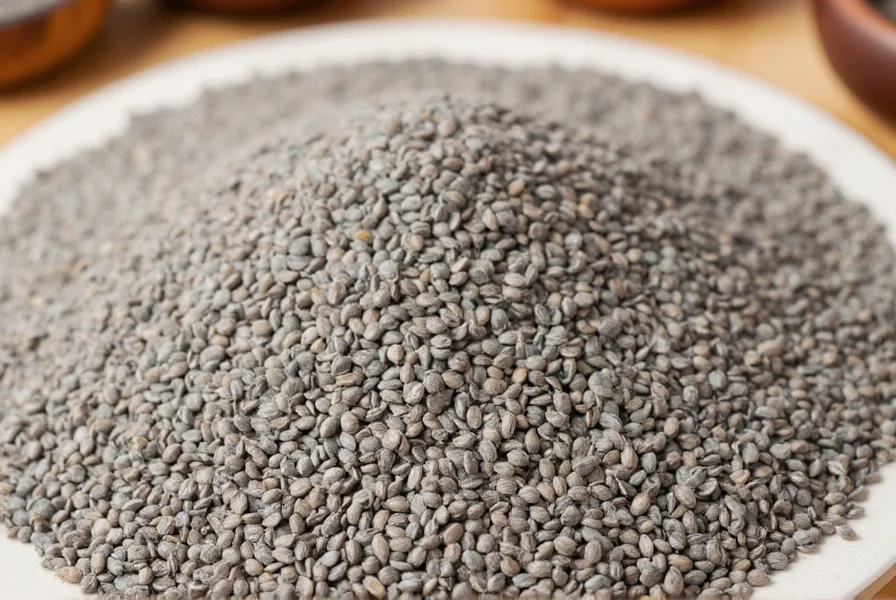









 浙公网安备
33010002000092号
浙公网安备
33010002000092号 浙B2-20120091-4
浙B2-20120091-4